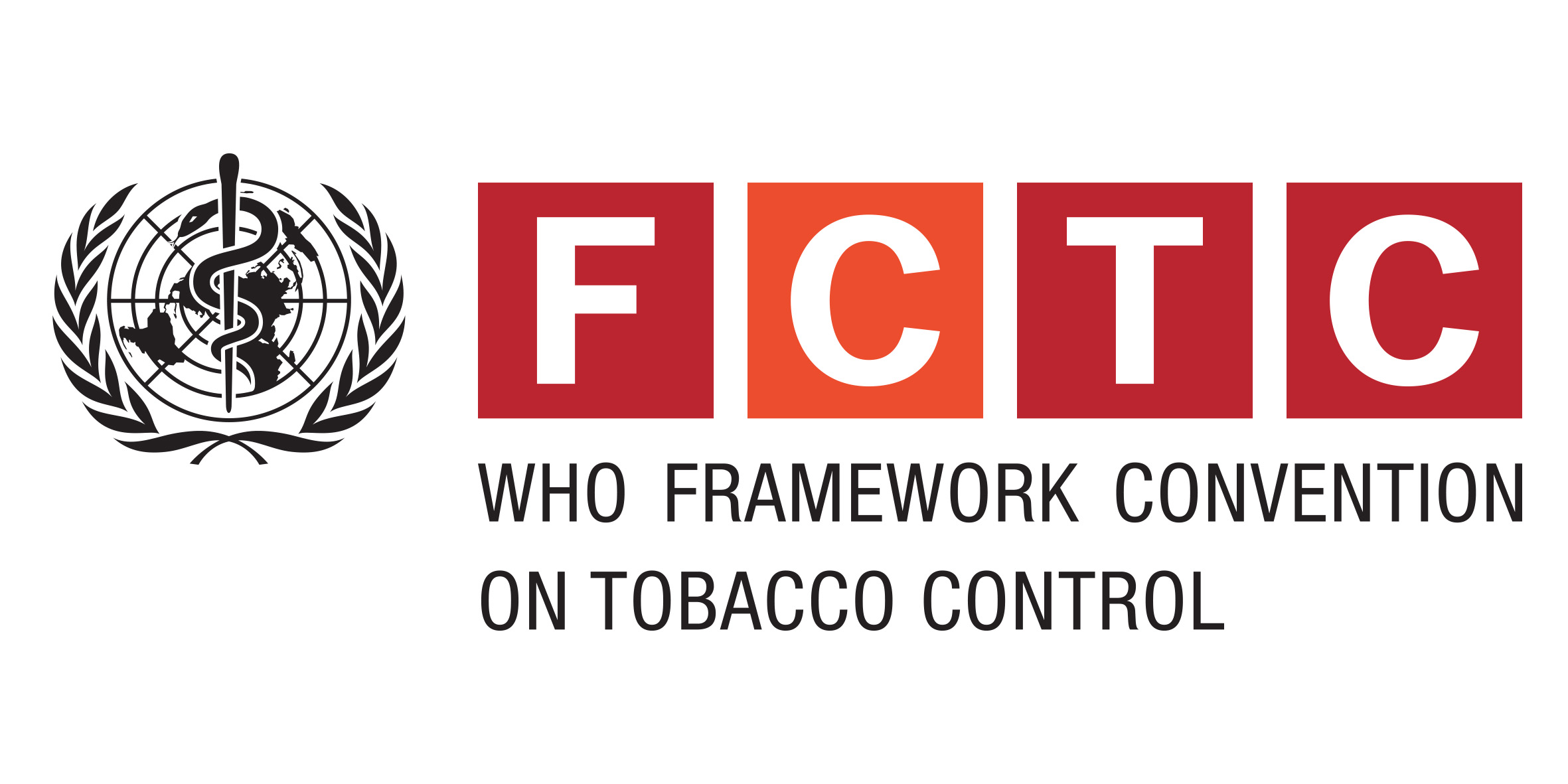Journal Article
Print(0)
Contemporary topics in laboratory animal science / American Association for Laboratory Animal Science
Contemp.Top.Lab.Anim.Sci.
/
40
5
31
36
1060-0558
Unknown(0)
This study evaluates the efficacy of various treatment methods to eradicate Dentostomella translucida from Mongolian gerbil colonies. The following five treatment methods were instituted in naturally infected groups of 10 gerbils each: topical ivermectin misting, ivermectin-medicated drinking water, piperazine citrate-medicated drinking water, fenbendazole-medicated feed, and a combination of ivermectin-medicated drinking water and fenbendazole-medicated feed. Treatment success was assessed by using weekly fecal flotations, with necropsy examinations performed on fecal-negative gerbils (except those in the misted group) at 5 weeks after the last treatment. Topical ivermectin misting left 40% of gerbils fecal-positive. With piperazine citrate-medicated drinking water, 60% of the gerbils were fecal-positive; the remaining 40% had adult worms in their digestive tract at necropsy. Ivermectin-medicated drinking water caused 80% of the gerbils to be negative on fecal flotation. On necropsy, however, all but one of these gerbils harbored adult pinworms. Treatments with fenbendazole-supplemented feed alone or in combination with ivermectin-treated water resulted in no fecal shedding or evidence of adult pinworms on necropsy examination. Of the five treatments evaluated, only those using fenbendazole-medicated feed (150 ppm) provided a practical and reliable treatment method to eradicate pinworm infections in Mongolian gerbil colonies.
antinematodal agent, fenbendazole, ivermectin, piperazine citrate, piperazine derivative, animal, animal disease, animal food, article, comparative study, drinking, drug combination, enterobiasis, experimental animal, feces, female, gerbil, male, parasitology, rodent disease, topical drug administration
MEDLINE
Embase
Wilkerson,J. D., Brooks,D. L., Derby,M., Griffey,S. M.
Wilkerson, J.D., Laboratory Animal Resource Center, University of California, Medical Research Building II, Box 0564, San Francisco, California 94143-0564, USA.
http://vp9py7xf3h.search.serialssolutions.com/?charset=utf-8&pmid=
2001

